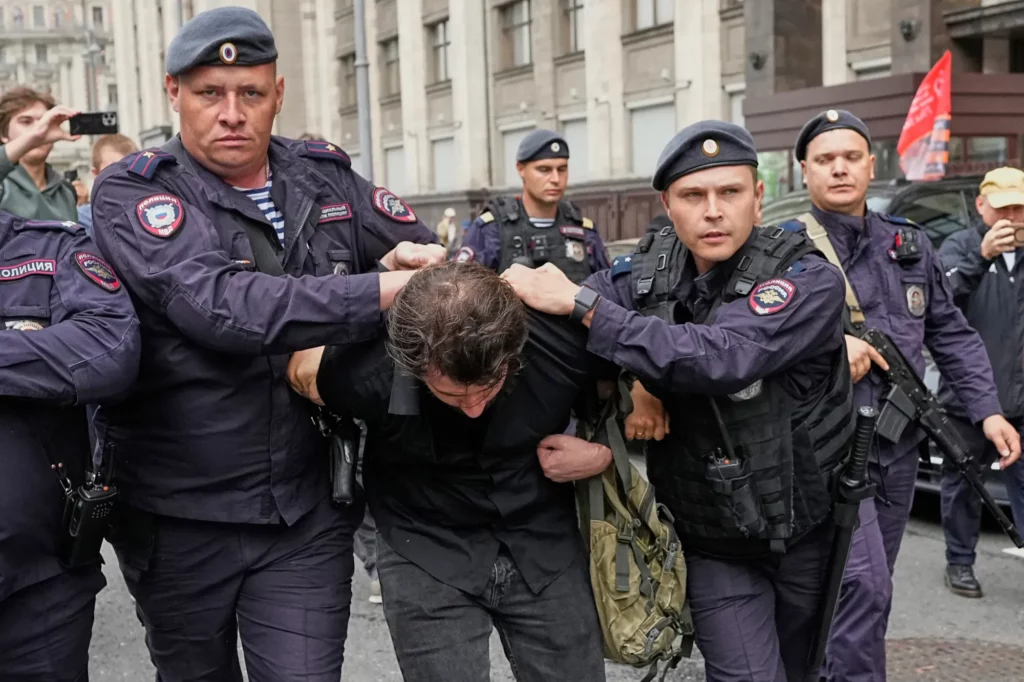Russia is escalating its crackdown on digital communication. The government has now restricted voice calls on both WhatsApp and Telegram, the two most-used messaging platforms in the country. The move marks another step in Moscow’s long-running effort to monitor, filter, and dominate internet use within its borders.
WhatsApp and Telegram blamed for aiding crime

According to Roskomnadzor, the Russian media and internet regulator, the restriction targets audio calls only. Authorities claim that criminal groups and foreign actors have exploited these platforms to deceive citizens, recruit for sabotage, and spread extremist content.
In a public statement, Roskomnadzor said the platforms ignored repeated demands to counter such activity. A WhatsApp spokesperson fired back, stating that the app defends secure communication and that Russia is trying to block it from over one hundred million users.
Telegram has not issued a statement so far.
Messaging apps face growing pressure in Russia
This is not the first time either platform has clashed with Russian regulators. Telegram was blocked from 2018 to 2020, though the ban failed to stick. WhatsApp remained accessible, even after Meta — its parent company — was outlawed as an extremist organization following Russia’s invasion of Ukraine.
Calls began failing earlier this week, with users reporting issues such as dropped connections and silence on the line. Media reports confirmed the disruptions before officials acknowledged them.
The government is pushing a state-controlled replacement
In place of foreign apps, Russia has introduced a new homegrown messaging app called MAX. Developed by VK, the platform is promoted as an all-in-one solution for chatting, making payments, and accessing government services.
Although over two million users have registered so far, MAX has not gained broad popularity. Its terms of use confirm that it will hand over user data to authorities if requested. A new law mandates that the app must be preinstalled on all smartphones sold in Russia.
State agencies and public institutions have already begun migrating communication to MAX. Officials say this shift is necessary for national security, but critics see it as another tool for surveillance.
Internet control in Russia keeps expanding
Restrictions on WhatsApp and Telegram follow a pattern. Russia has banned several global platforms, including Facebook and Instagram, and continues to block VPN services that help users bypass censorship. This summer, mobile internet outages became common, especially in Crimea, where officials now say shutdowns may continue indefinitely.
The Digital Development and Communications Ministry has confirmed it is working on a national “white list” of approved websites and services, limiting what users can access during blackouts.
WhatsApp and Telegram may return, on one condition
Russian officials have stated that audio call access could be restored if WhatsApp and Telegram agree to comply with local data laws. That includes giving authorities control over user data and moderating content according to government standards.
Neither platform appears willing to comply. With more than 96 million users on WhatsApp and 89 million on Telegram in Russia, the loss of voice calls is significant — and possibly only the beginning.
A platform without control is a threat to the state. A platform with it is no longer private.














